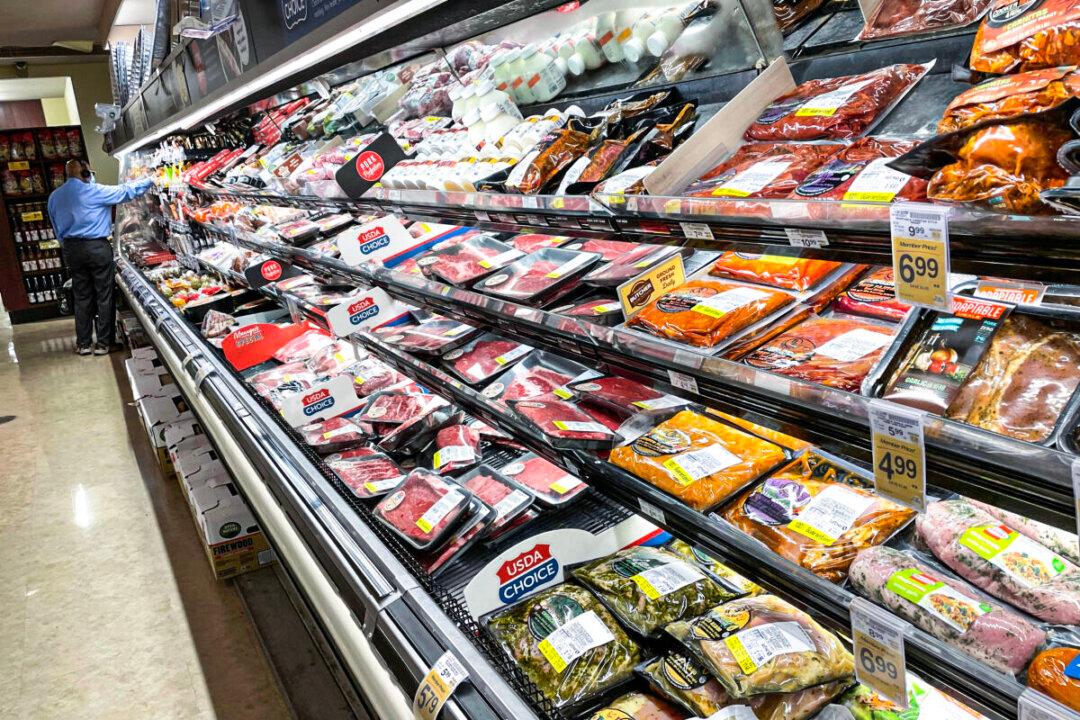A new CBS/YouGov poll showed that nearly two-thirds of Americans said the U.S. economy is in bad shape—the worst outcome since the depths of the pandemic last summer—while 84 percent of those who gave the economy a negative rating blamed inflation.
The poll, carried out between Nov. 15-19 on a nationally representative sample of 2,058 adults, showed that 64 percent of those surveyed said the economy is in “fairly bad” or “very bad” shape. That’s the worst reading since summer of last year, according to CBS, when pandemic lockdowns and other outbreak-related issues drove down sentiment.





